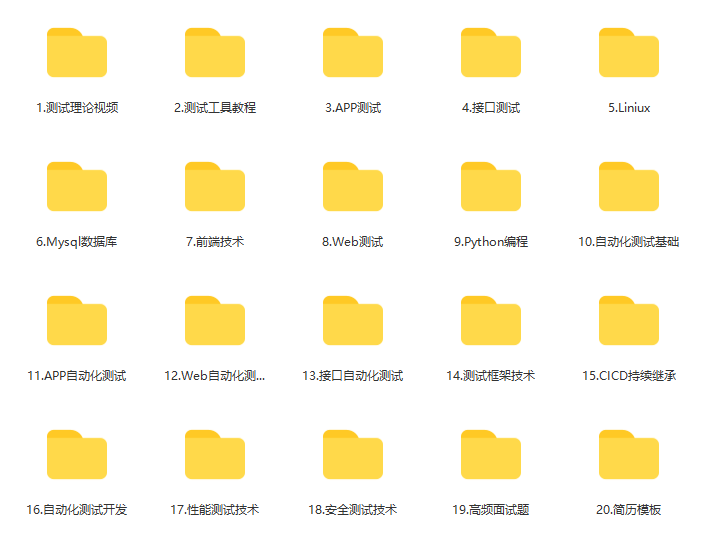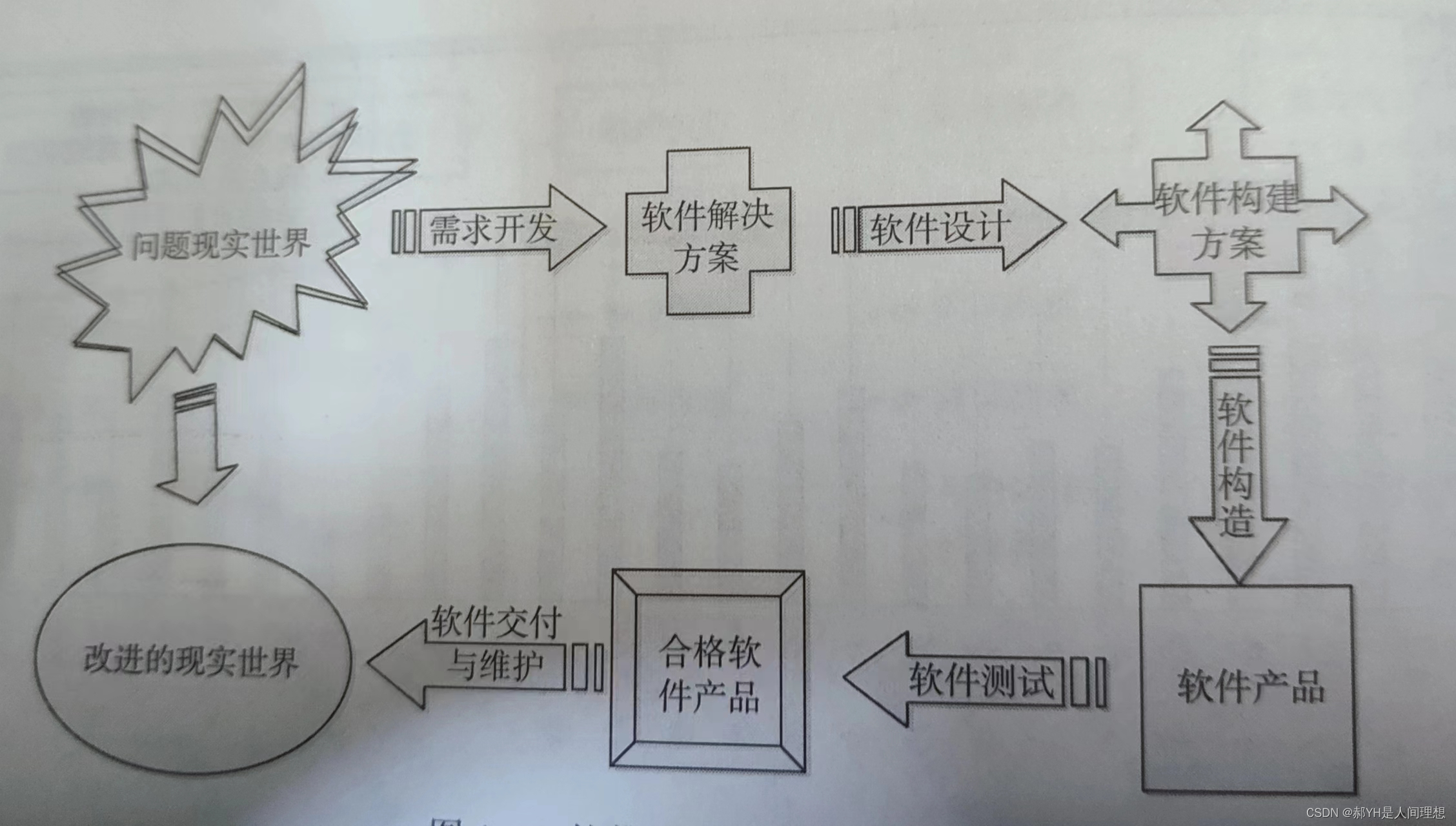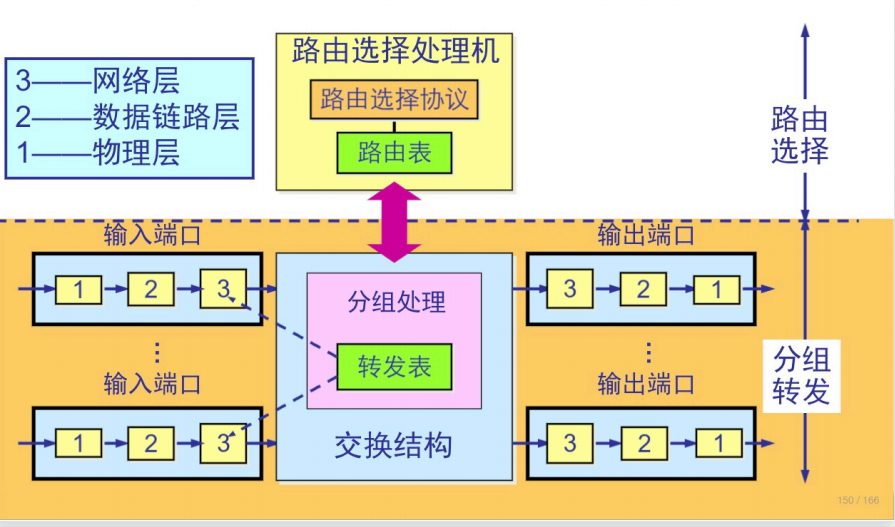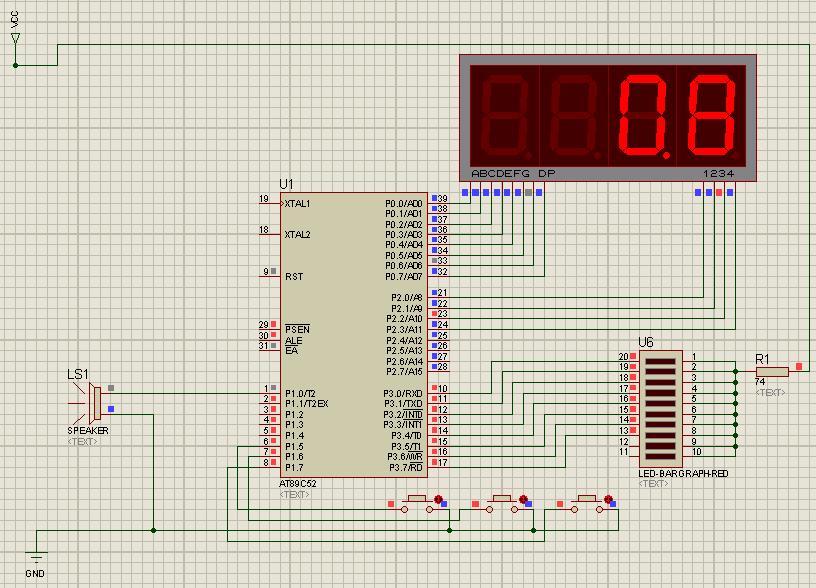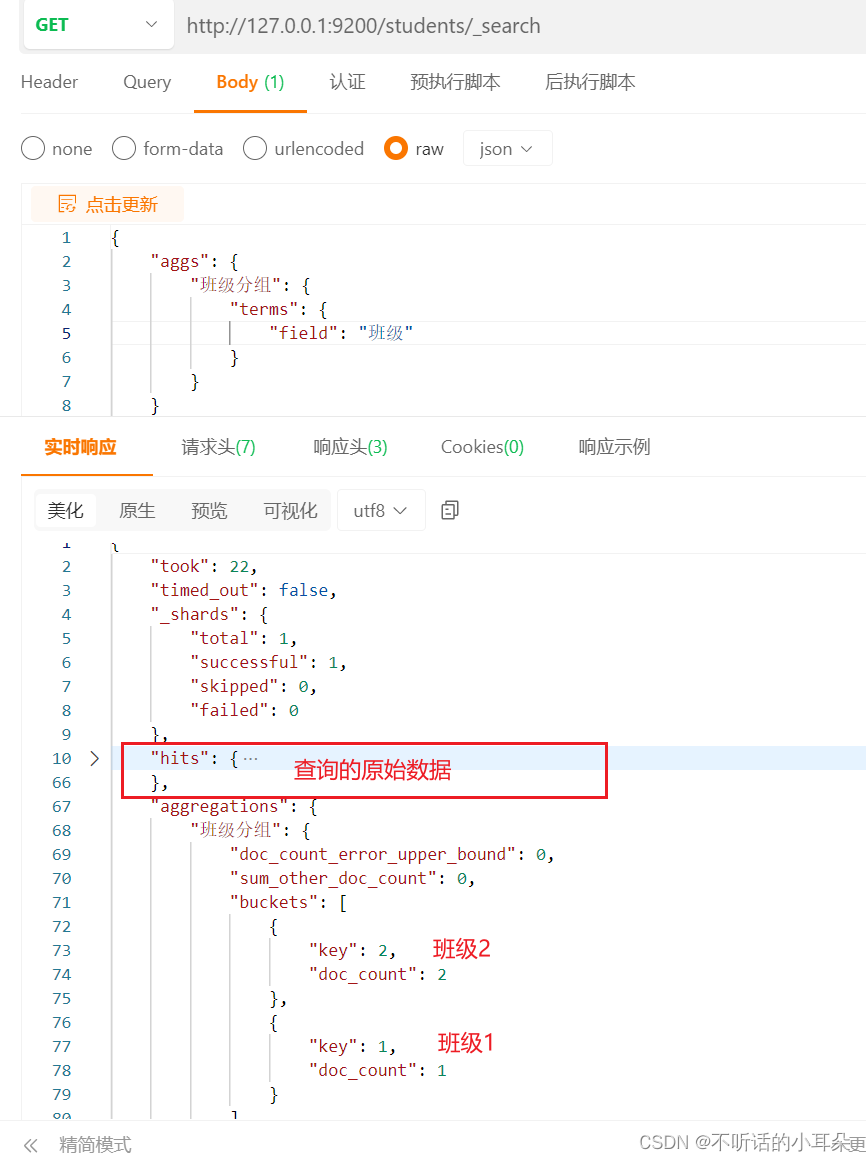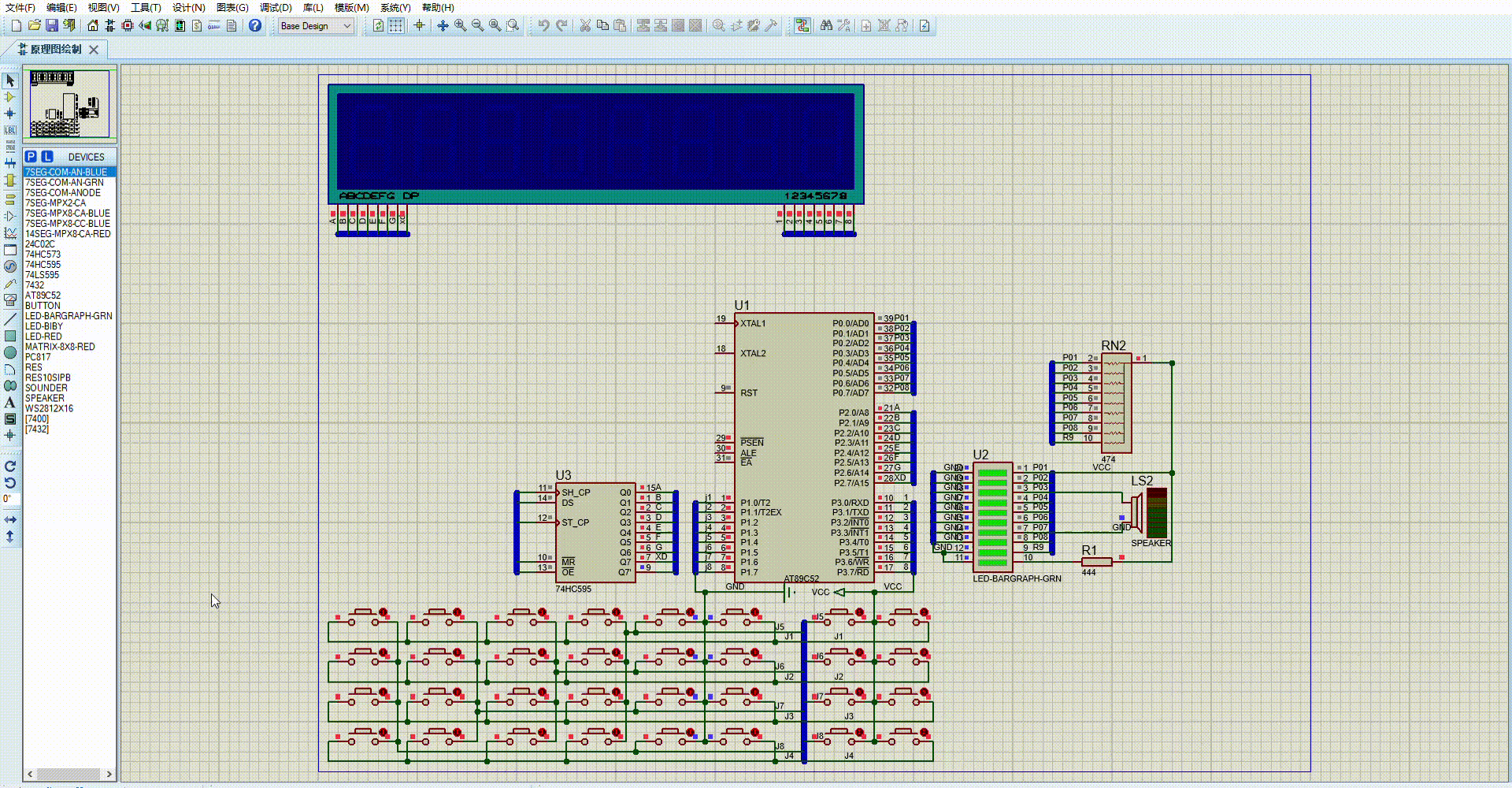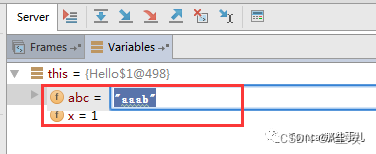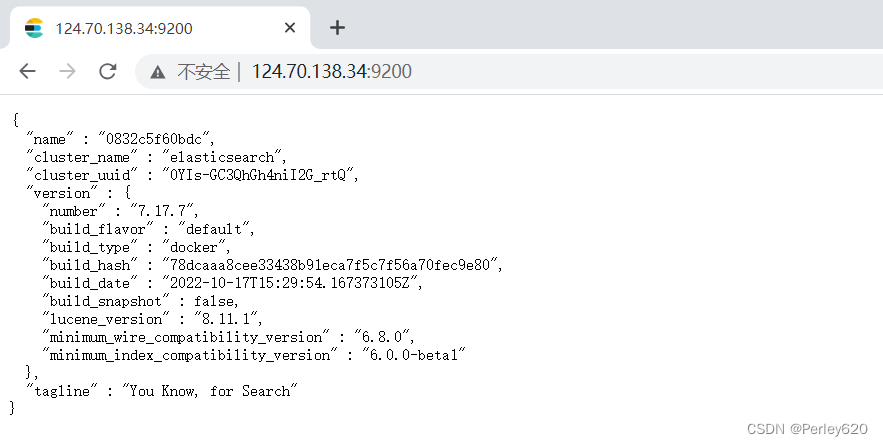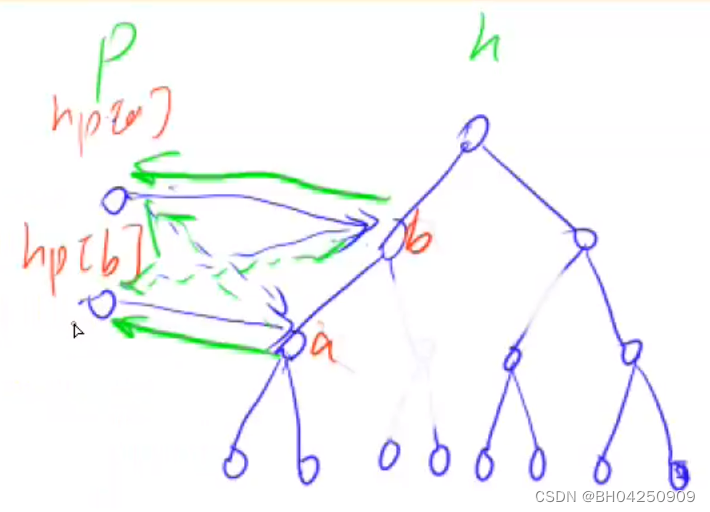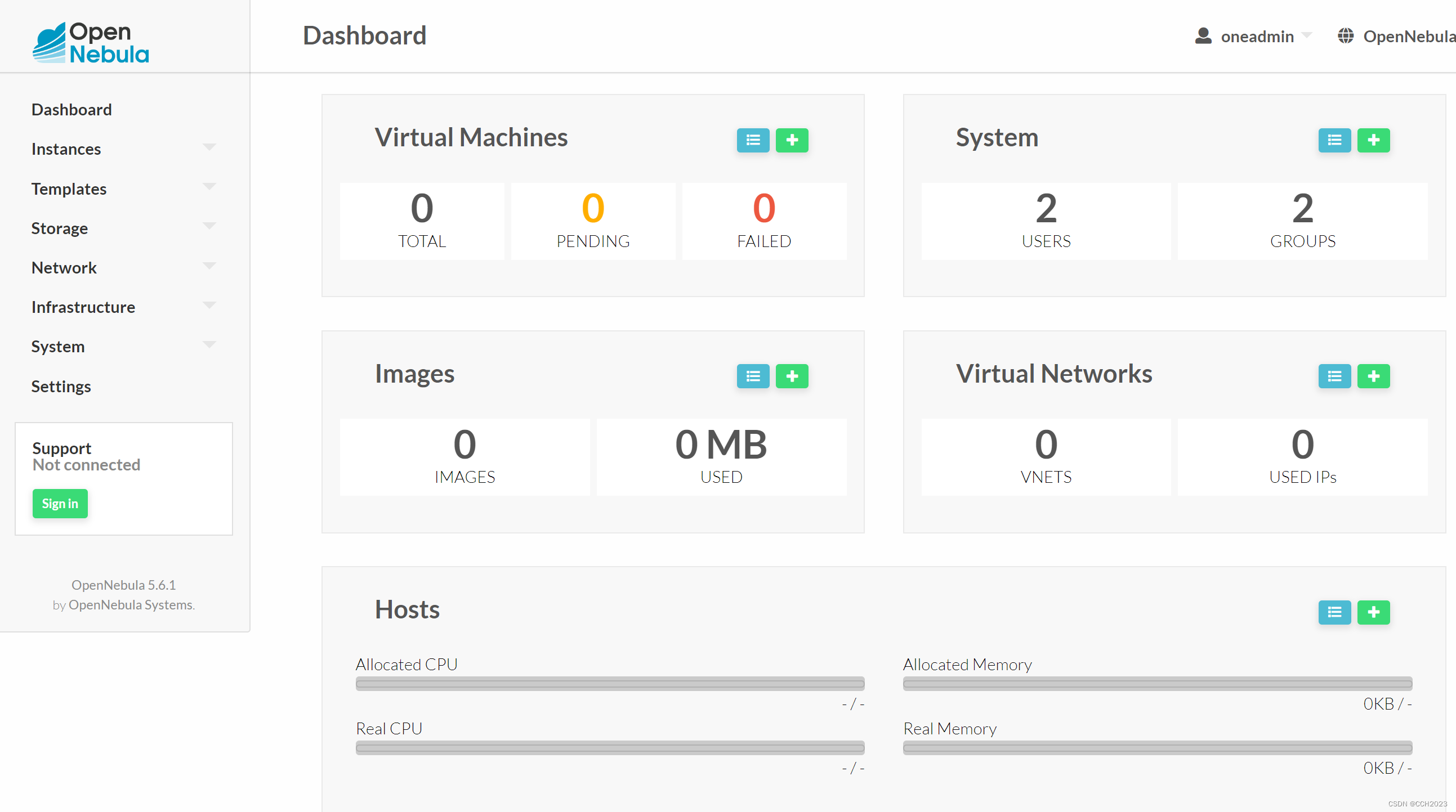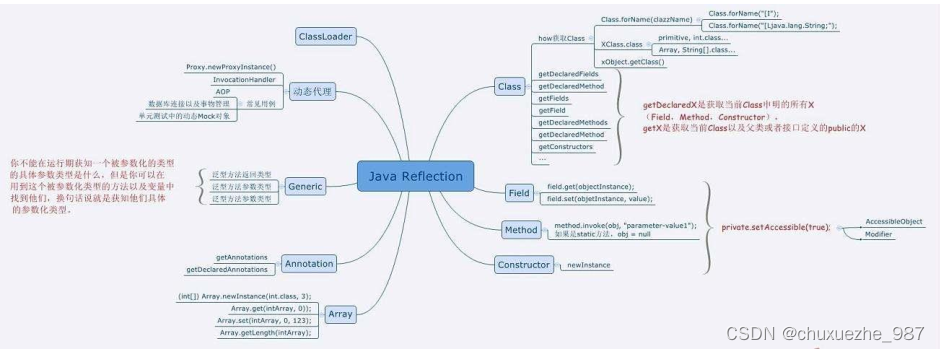1. 前言
1.2.7版本的Airtest中,一个很重要的功能是 新增了非常丰富的断言API ,今天我们就来详细看一下Airtest都给我们提供了哪些断言语句。
2. 旧版Airtest提供的断言语句
先回顾下,旧版Airtest一直以来,都只给我们提供了2种断言语句,一种是断言目标存在/不存在当前页面:
assert_exists
assert_not_exists
另一种是断言2个值相等/不相等:
assert_equal
assert_not_equal
1)断言目标存在/不存在当前画面
assert_exists(Template(r"tpl1665570124249.png", record_pos=(0.118, -0.026), resolution=(720, 1440)), "请填写测试点")
assert_not_exists(Template(r"tpl1665570165989.png", record_pos=(0.118, -0.032), resolution=(720, 1440)), "请填写测试点")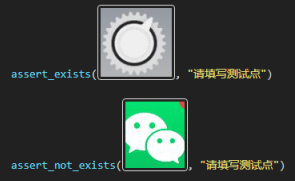
2)断言2个值相等/不相等
assert_equal(poco("score").get_text(), "100", "分数为100分")
assert_not_equal(poco("score").get_text(), "0", "分数不为0") 
3. 新版Airtest新增的断言语句
而Airtest1.2.7版本,又给我们新增了14个断言的API,包含断言表达式为True或者False(bool)、断言表达式为空/不为空、断言2个值的大小情况等:
1)断言表达式为True/False(bool)
from airtest.core.assertions import *
# 断言表达式为True
assert_true(1==1, msg="assert 1==1")
# 断言表达式为False
assert_false(1==2, msg="assert 1!=2")2)断言2个对象相同/不相同
from airtest.core.assertions import *
# 断言2个对象相同
assert_is(1, 1, msg="assert 1 is 1")
# 断言2个对象不相同
assert_is_not(1, 2, msg="assert 1 is not 2")3)断言表达式为None/不为None
from airtest.core.assertions import *
# 断言表达式为None
assert_is_none(None, msg="assert None is None")
# 断言表达式不为None
assert_is_not_none(1, msg="assert 1 is not None")4)断言第一个参数是否在第二个参数中(包含关系)
from airtest.core.assertions import *
# 断言第一个参数在第二个参数中
assert_in(1, [1, 2], msg="assert 1 in [1, 2]")
# 断言第一个参数不在第二个参数中
assert_not_in(3, [1, 2], msg="assert 3 not in [1, 2]")5)断言对象是不是某种类型的实例
from airtest.core.assertions import *
# 断言对象是某种类型的实例
assert_is_instance(1, int, msg="assert 1 is int")
# 断言对象不是某种类型的实例
assert_not_is_instance(1, str, msg="assert 1 is not str")这个断言语句中,第一个参数为obj,是一个具体的对象实例,第二个参数为cls,是一种类型,我们可以用这个断言来判断某个实例是不是属于某种类型的。
不过这个断言,在AirtestIDE中执行会报一个错误,我们会在下个版本修复这个问题:
TypeError: can't pickle mappingproxy objects
6)断言第一个值大于/大于等于第二个值
from airtest.core.assertions import *
# 断言第一个值大于第二个值
assert_greater(2, 1, msg="assert 2 > 1")
# 断言第一个值大于等于第二个值
assert_greater_equal(1, 1, msg="assert 1 >= 1")7)断言第一个值小于/小于等于第二个值
from airtest.core.assertions import *
# 断言第一个值小于第二个值
assert_less(1, 2, msg="assert 1 < 2")
# 断言第一个值小于等于第二个值
assert_less_equal(1, 1, msg="assert 1 <= 1")4. 拓展:Airtest断言的msg参数说明
可以看到,所有Airtest的断言语句中,都包含msg参数,这个参数是为了方便我们给当前的断言语句增加一个说明,并且该说明会显示在Airtest报告,断言步骤的描述上:
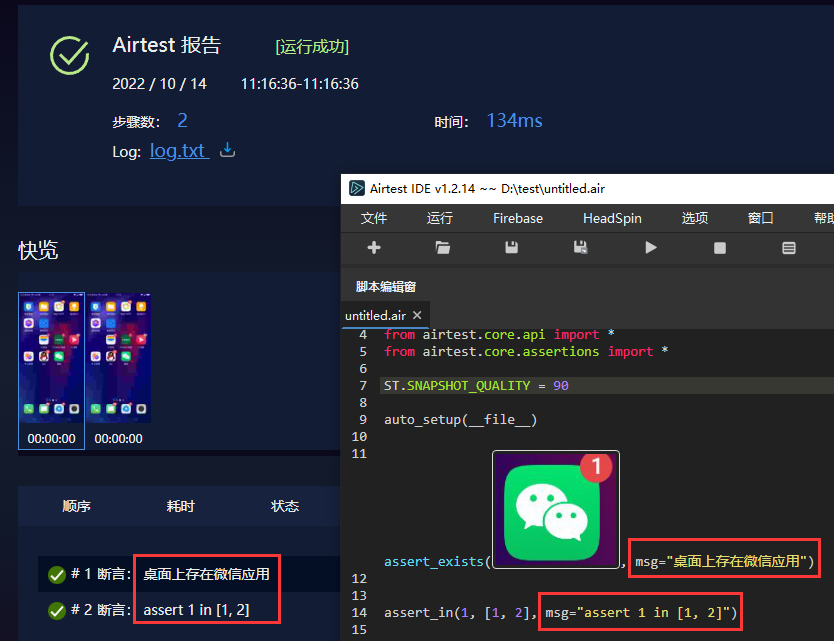
5. 拓展:Airtest断言的snapshot参数说明
从Airtest1.2.7版本起,断言还新增了一个snapshot的参数,为了支持同学们在设置断言时,还能附带截取当前画面的图片,然后显示在Airtest报告中。
当然如果我们不需要断言截图的话,也可以设置关闭断言的截图:
# 默认情况下,断言截图会开启
assert_is_not_none("1", msg="assert '1' is not None")
# 如不需要断言时截取当前画面,则可以设置关闭断言的截图
assert_is_not_none("1", msg="assert '1' is not None",snapshot=False)

1)assert_exists关闭截图的特殊说明
比较特别的是,assert_exists 默认也是带截图的,但是要设置这个步骤不截图,不能使用 snapshot=False 来设置,而是要通过Airtest的全局设置来控制:
ST.SAVE_IMAGE = False
assert_exists(Template(r"tpl1665719197992.png", "请填写测试点"))assert_not_exists 也是同理。如果给assert_exists强行传入snapshot=False,则会报错:
TypeError: assert_exists() got an unexpected keyword argument 'snapshot'
最后感谢每一个认真阅读我文章的人,礼尚往来总是要有的,虽然不是什么很值钱的东西,如果你用得到的话可以直接拿走:
